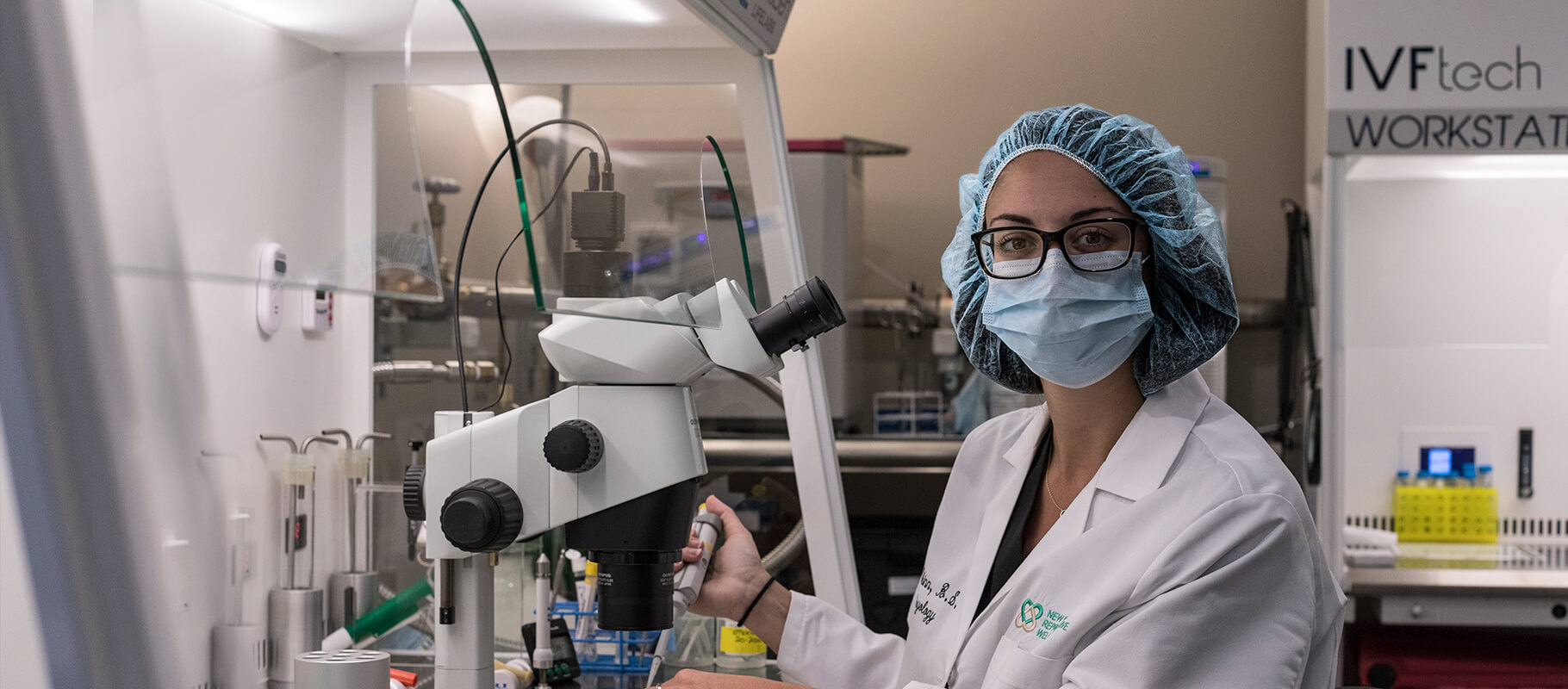Using Donor Eggs with IVF
If a couple or single individual is unable to achieve pregnancy via in vitro fertilization (IVF) with their own eggs, donor eggs or embryos can be used. Using donor eggs allows the female patient to not only get pregnant, but to carry and deliver the child herself.
How does using donor eggs with IVF work?
Using donor eggs for an IVF cycle is identical to an IVF cycle where a woman uses her own eggs - the only difference being that the eggs are from a donor.
- The patient visits an egg donor database where profiles of women who donated their eggs are shared anonymously
- The patient selects an egg donor profile that fits their personal preferences. All egg donors are thoroughly screened and are only used if deemed healthy.
- The selected donor egg/s are inseminated via IVF with the male partner’s sperm (or a sperm donor) to create an embryo
- The embryos then develop in our world-class embryology laboratory until they reach the blastocyst stage (5-6 days after fertilization when it has approximately 100 cells) or cleaved embryo stage (3 days after fertilization when it has approximately 6-10 cells).
- It is at this point when the embryo/s are transferred to the uterus.









